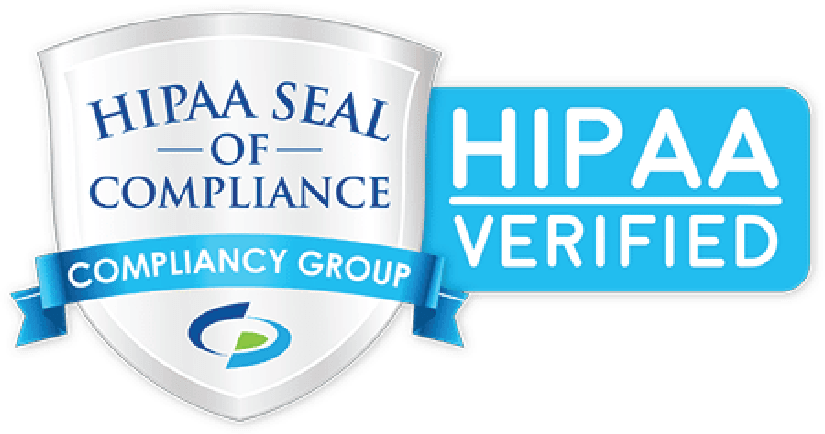What Is Compliance In Information Technology?
A day does not pass before our team receives an inquiry on IT compliance — what is it, and how can you stay compliant? Here is our response…
Modern-day businesses extensively use technology to derive growth and improve their operations. From inventory management to communication, production optimization, tracking performances, receiving and recording payments, etc., your business is literally an IT business. It’s how effectively you leverage information technology that gives you an edge above your competitors.
Given the tremendous influence IT has on the business environment, the government saw that it was essential to control its creation, use, and dissemination. Besides, rising cases of cyberattacks made it necessary to establish standards for security protocols. Therefore, compliance in Information Technology is abiding by these laws and best practices that seek to ensure fair play and the protection of user credentials.
Why is compliance in IT so critical for your Nashville business? We’ll get to that in a few. First, here’s a brief overview of what it means to be compliant in IT:
Why Must Your Nashville Organization Take IT Compliance Seriously?
Business leaders often imagine that compliance requirements are meant to frustrate them; this is not true. Compliance in IT has several benefits to your organization.
- IT compliance improves your network security: Most IT standards speak to bolstering your systems’ ability to resist intrusion and unauthorized access. They also prepare you to respond aptly to breaches and hacks. Although the end goal is to safeguard your user’s information, your business is the biggest beneficiary. Better cybersecurity means fewer interruptions to your production processes, hence higher productivity. Besides, you are less likely to experience inconveniencing and characteristically costly cyberattacks.
- Non-compliance will attract crippling fines: For most organizations, this is the primary drive to making compliance efforts. And reasonably so–compliance enforcement bodies have recently been quite aggressive and hard on defaulters. Based on several recent landmark non-compliance fines, their newly acquired hard stance can only get stiffer. Unless you have included such penalties in your annual budgets, this will undoubtedly be a significant financial setback. For small and medium-sized businesses, it could just mean the end of the road for you.
- IT compliance is good for Public Relations: Nobody wants to work with an enterprise that jeopardizes their credentials’ security. And it’s not only consumers; even the modern worker wants a guarantee that you’ll safeguard their information before signing a contract. If you can prove that you are compliant, you are a step farther in attracting more customers and seasoned employees. Publishing your compliance status is not a requirement by law but can be used as a PR strategy.
How Can You Ensure Your Organization Stays Compliant?
Identify the applicable regulations and standards, define compliance frameworks, and implement them in all your policies and procedures. Simple, right? If so, then why are so many organizations failing IT compliance assessments?
The simple answer is–compliance in IT is a process, not a single day event. And this is where many businesses get it wrong — they tend to wait until they are ‘big enough’ or due for audits. This means that you will be compressing work that should have been done in several years to just a few days. As you guessed right, this approach won’t give the best results. You’ll inevitably miss on one or two essential compliance requirements.
The other reason is that compliance in IT is a broad and sophisticated concept. Usually, just a handful of in-house IT experts cannot keep up. The best way to ensure that you’re fully compliant is by working with a seasoned compliance service provider like Kraft Technology Group. It’s way cheaper and more effective this way.
Do you want more resources on compliance in Information Technology? Or need help with staying compliant.




